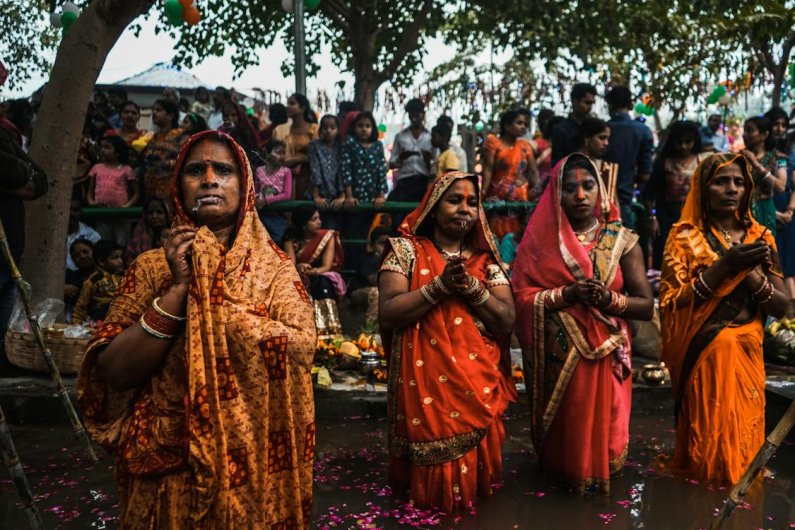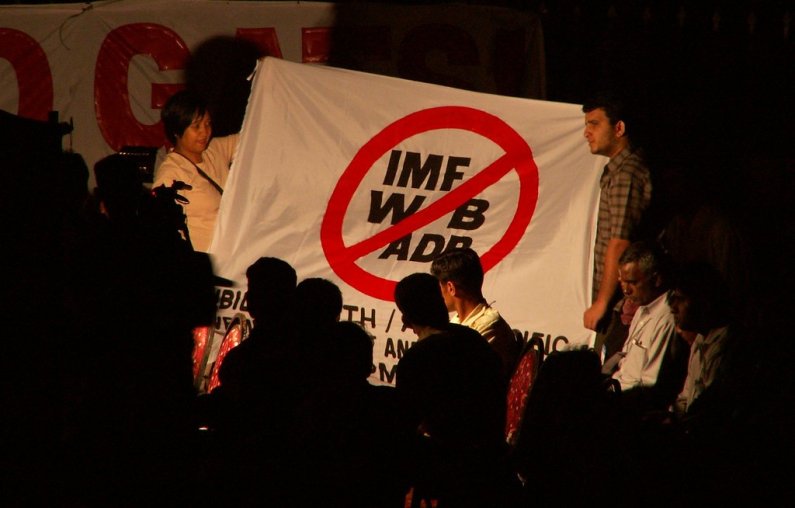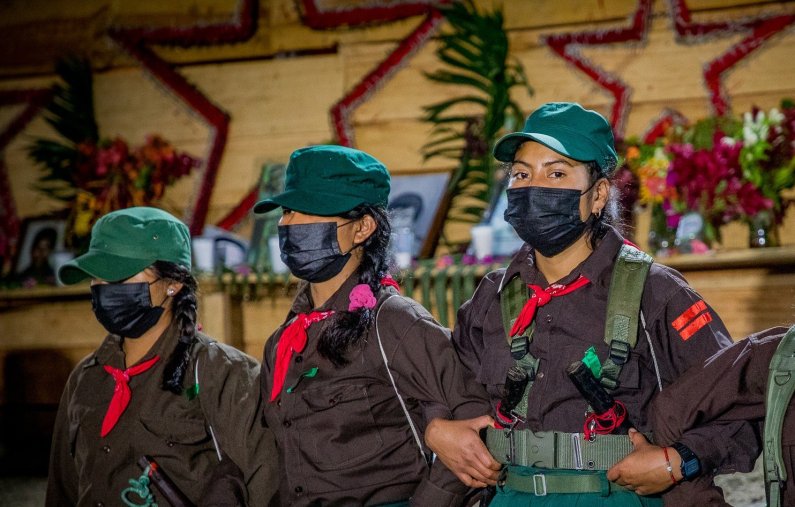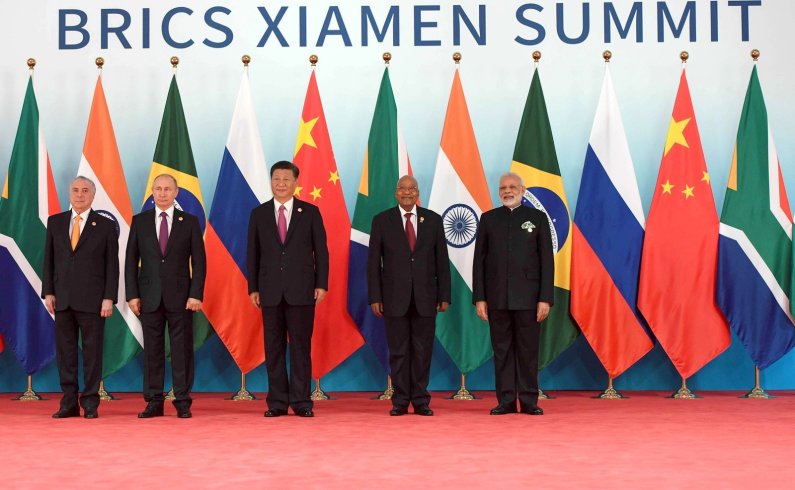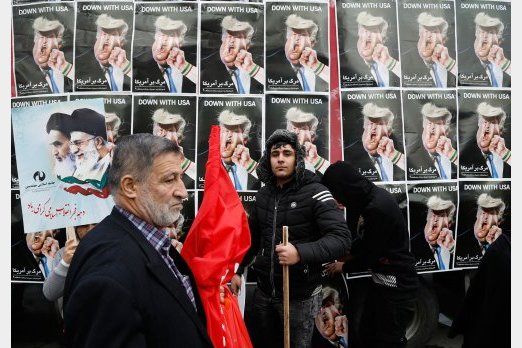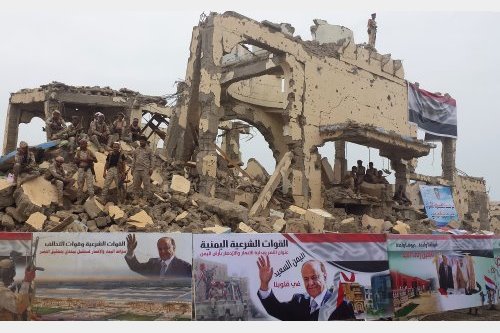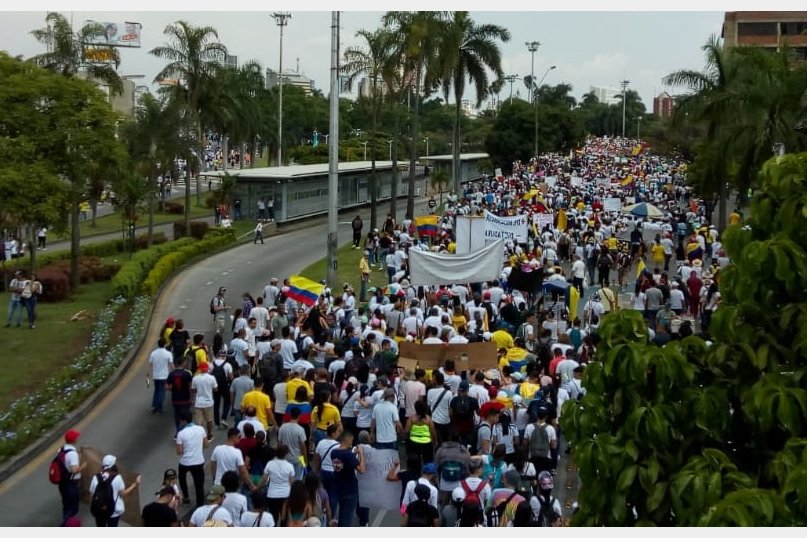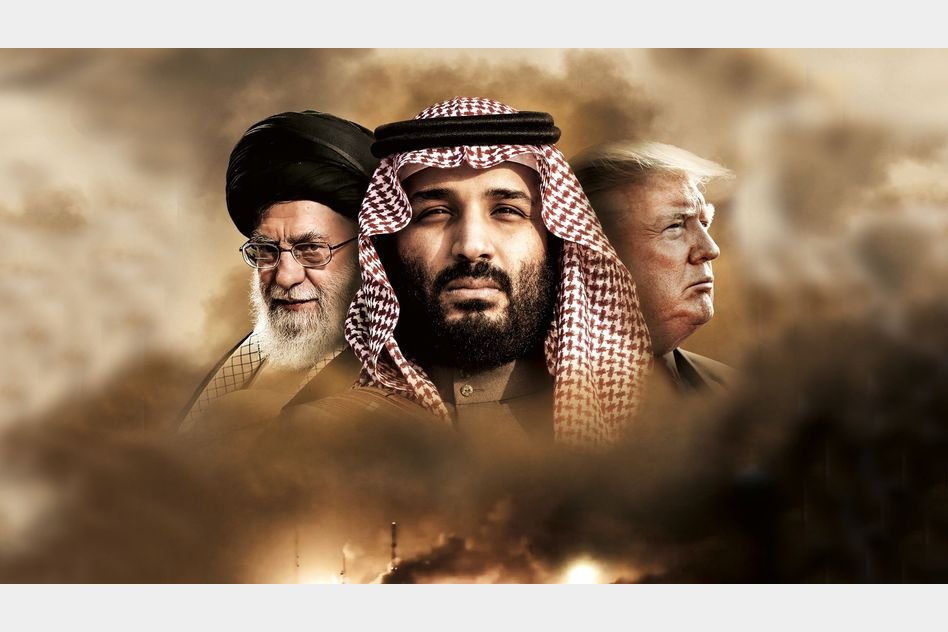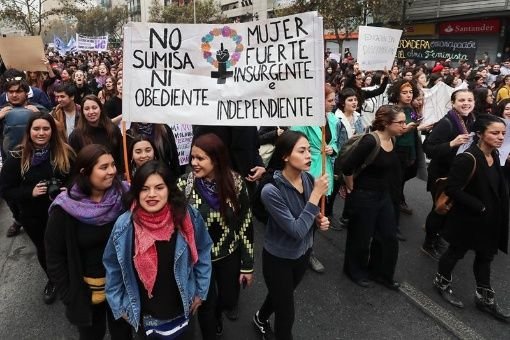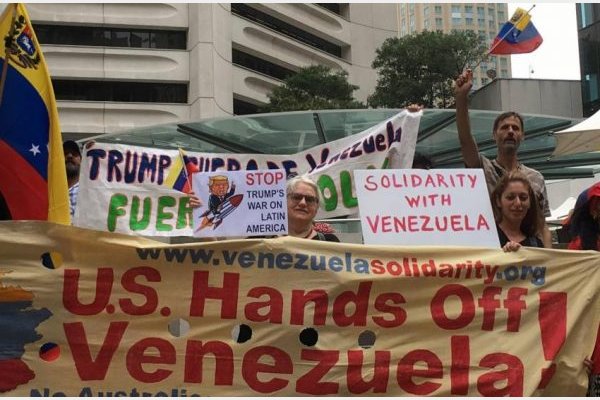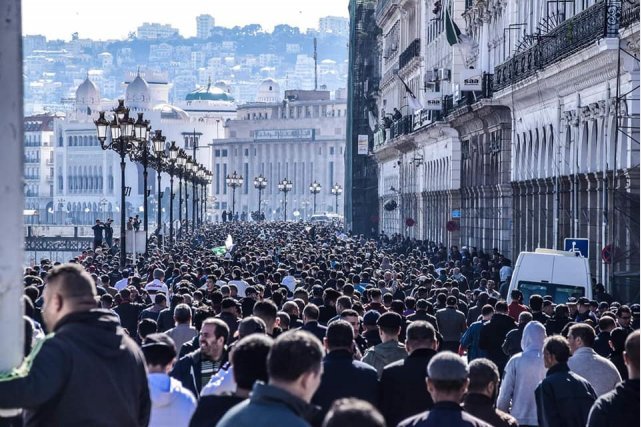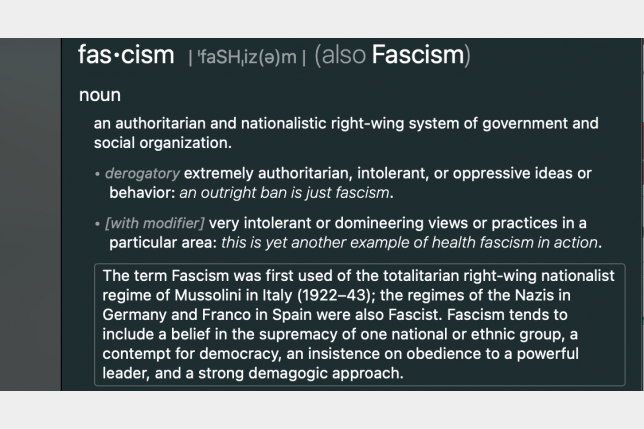A few weeks before 22 February, when the regime has plugged the "hole" in the presidency, writings are already decreeing the "failure" of the Hirak, which is accused of having been too "radical" or not radical enough, of having refused to "negotiate", of not having "structured" itself, of not having "representatives". Others point to the lack of "ideological purity" of a movement that includes a fairly wide range of the country’s ideological and political currents.
Those in a hurry to decree the failure of Hirak are often the ones looking for the "invisible" hands pulling the strings. But by dint of being shaped by a perverse system, one ends up not seeing what is visible: a society that has set itself in motion to reappropriate a state that has been privatized for too long to the benefit of small groups and to the detriment of the majority. This movement is invaluable and it will not stop.


